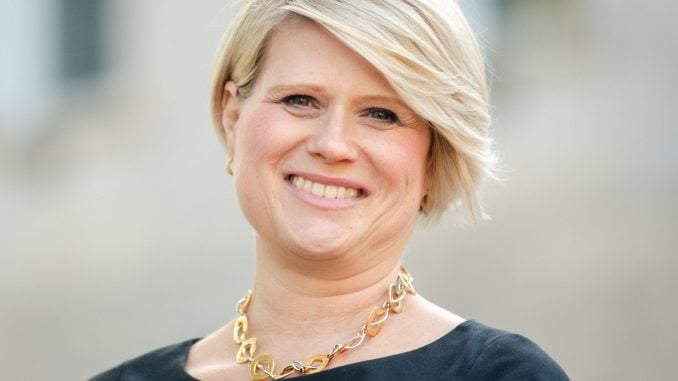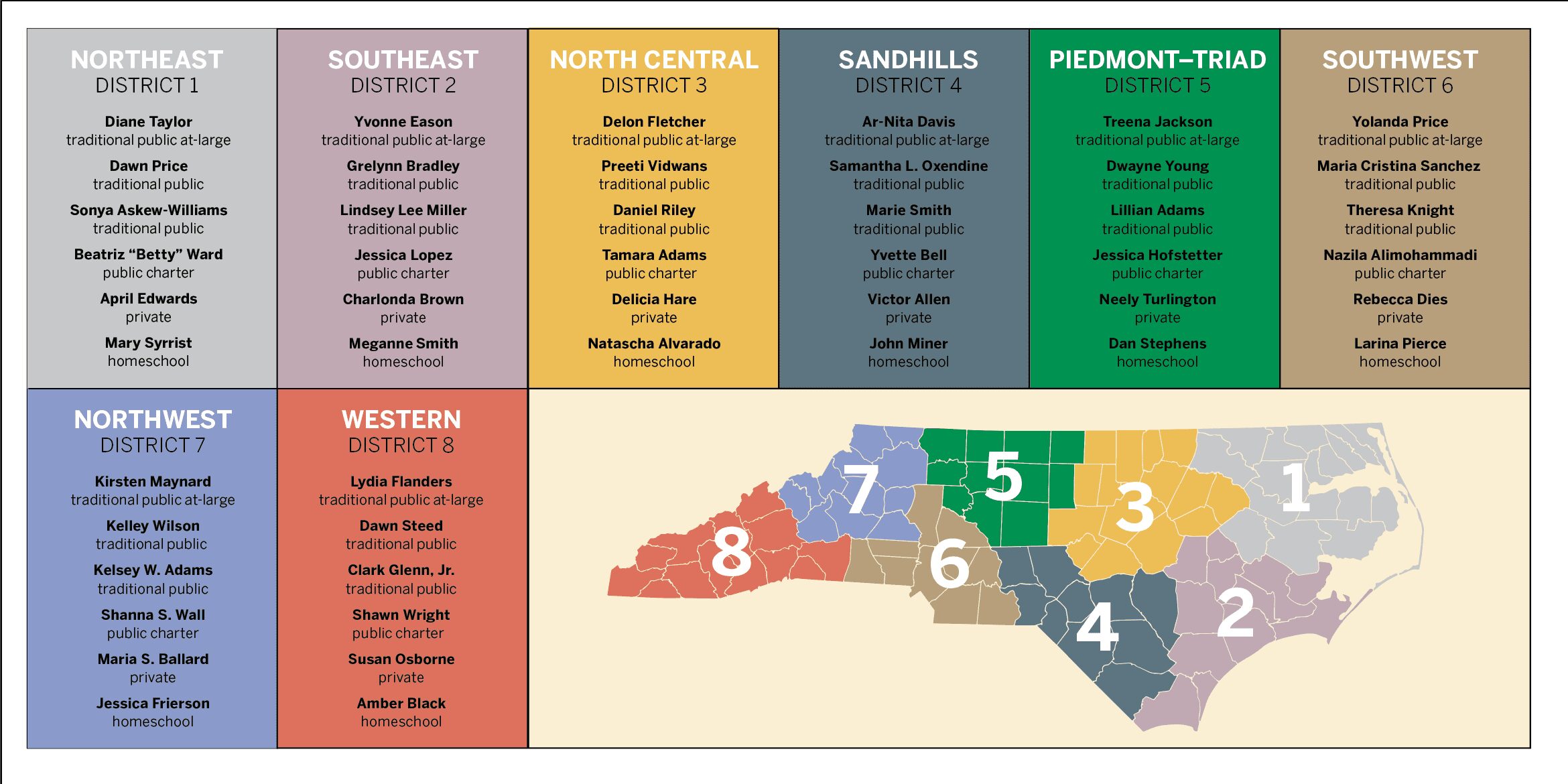
RALEIGH — On June 14, State Superintendent of Public Instruction Catherine Truitt announced the names of the 48 members chosen to serve on her Parent Advisory Commission.
“This Commission is focused on giving parents a seat at the table and strengthening parent and family involvement in education,” Truitt said in a press release.
“This commission is a consistent and routine way to ensure we are addressing challenges and improving outcomes for all of North Carolina’s students using feedback from those who know students best,” said Truitt. “I know they will come prepared to represent their unique students, who hail from all different backgrounds, by providing their insights, experiences, and perspectives on various aspects of K-12 education and student well-being.”

North State Journal first broke the news of Truitt’s plan to form a parent council in December 2021.
Each of the state’s eight educational regions will have six parents; two parents from traditional public schools, one public charter school, one homeschool, and one private school. Each member’s term will be two years.
Some 3,500 parents across the state applied for a spot on the commission when the application period opened in February. The final commission selections were pulled from 3,000 of those initial applications.
The regional subgroups will hold monthly virtual meetings. Each quarter, all of the regional sub-groups will convene together with all 48 members of the commission gathering both in person and virtually.
“This commission seeks to include all parent voices because every parent has a story to tell,” said Truitt in the press release. “Insight from parents who may not have a student presently enrolled in a traditional public school should be considered as we strive to make improvements to support all public school students’ learning and development.”
At a meeting of the State Board of Education in March, members such as James Ford and Jill Camnitz questioned the idea of having non-public school members involved in the commission. Truitt responded that it was important to recognize the “proportionality is that 67% of the group will be made up of public school parents.” She also said she felt “very strongly that we do have something to learn from all parents.”
Blair Rhoades, the communications director for the N.C. Department of Public Instruction (NCDPI), 45 of the 48 parents chosen to serve on the commission have had a child enrolled in a traditional public school at some point. That means the vast majority of members, 93.75%, have had some type of experience with a North Carolina public school.
“We know that the extent to which a family becomes involved in a child’s education has a tremendous impact on student achievement that extends well beyond the classroom,” Truitt said. “This Commission helps to create a routine feedback loop where we can discuss how to increase parent involvement and better engage families in a student’s K-12 journey.”
The first meeting of the commission will happen this fall. According to NCDPI, agendas for the meetings will be available on the Parent Advisory Commission website. Additionally, meeting minutes and notes will also be posted online.


